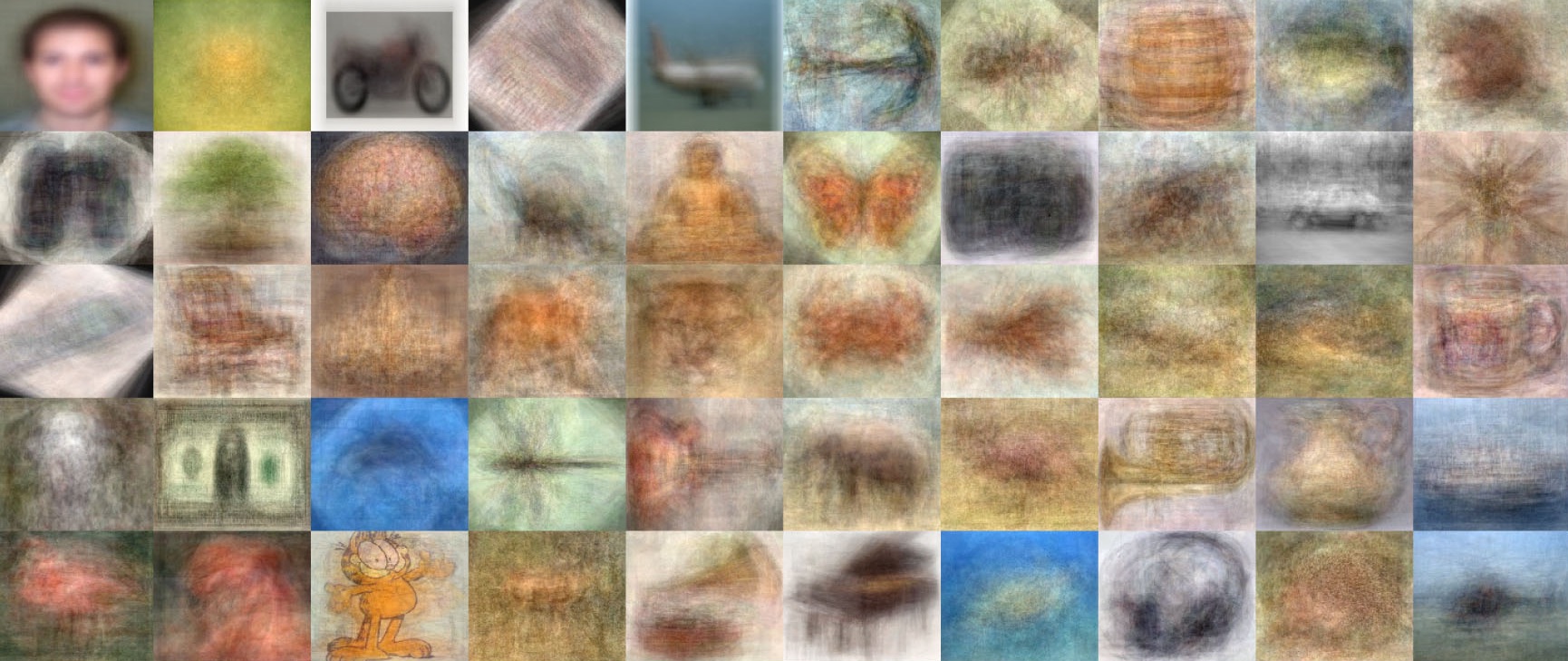 |
16-720
|
 |
16-720
|
Administrivia
| Instructor: | Deva Ramanan (deva@cs.cmu.edu, please use "16-720" as subject) | |||||
| TAs: | Achal Dave (achald@cmu.edu) | |||||
| Sashank Jujjavarapu (bjujjava@andrew.cmu.edu) | ||||||
| Siddarth Malreddy (smalredd@andrew.cmu.edu) | ||||||
| Brian Pugh (bpugh@andrew.cmu.edu) | ||||||
| Piazza link: | https://piazza.com/cmu/spring2017/16720/home | |||||
| Gradescope link: | https://gradescope.com/login (use entry code MNNZ8M) | |||||
| Lectures: | Tues,Thur | 12:00-1:20pm | Doherty Hall | 1212 | ||
| TA office hours: | Mon-Thurs | 5:00-6:30pm | Smith Hall | 200 | ||
| Deva's office hours: | Tues | 1:30-3:00pm | Smith Hall | 221 | ||
News:
Course overview
This course introduces the fundamental techniques used in computer vision, that is, the analysis of patterns in visual images to reconstruct and understand the objects and scenes that generated them. Topics covered include image formation and representation, camera geometry and calibration, multi-view geometry, stereo, 3D reconstruction from images, motion analysis, image segmentation, object recognition. The material is based on graduate-level texts augmented with research papers, as appropriate. Graduate students completing this course will be well prepared to comprehend current research in computer vision or apply state-of-the-art techniques to problems of interest in their own field. Evaluation is based on homeworks and final project. The homeworks involve considerable Matlab programming exercises.
Prerequisites
Knowledge of linear algebra, vector calculus, and basic probability are required. MATLAB programming experience and previous exposure to image processing are desirable, but not required.
Recommended course materials
Grading
5 homeworks (with considerable MATLAB implementation) worth 17% each, a class project worth 12%, and class participation (measured by Piazza answers following our guidelines) worth 3%.
Academic honesty
Homeworks can be discussed, but each student must independently write up their own solutions. In particular, no sharing of code. Please see the university policy on academic honesty. It is fine to use reference materials found online, but do not search for homework solutions. Rather, students are strongly encouraged to ask questions at both office hours and on the class discussion group.
Acknowledgements
I gladly acknowledge a host of other instructors for making their teaching materials available online.